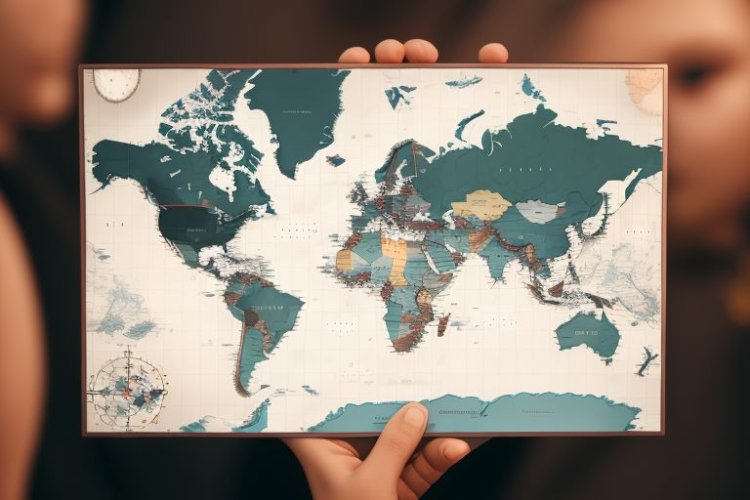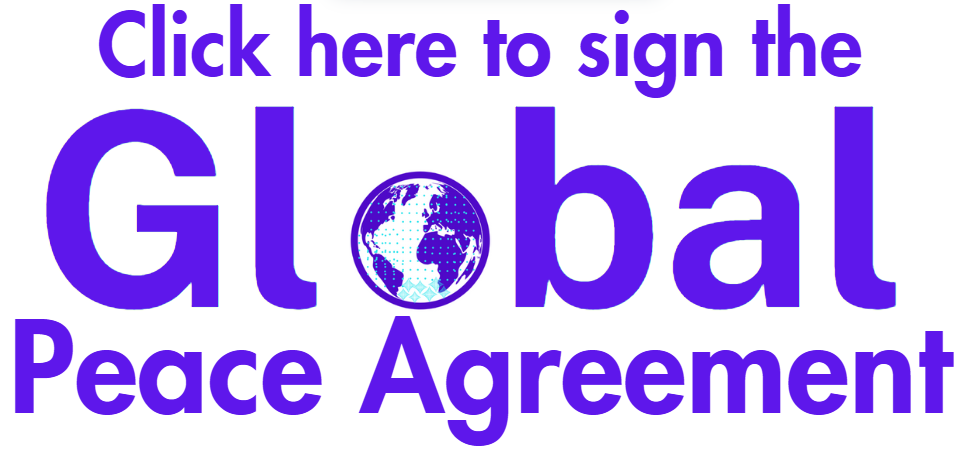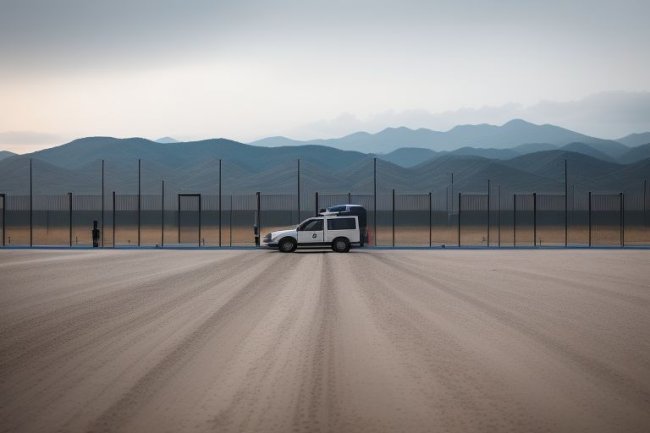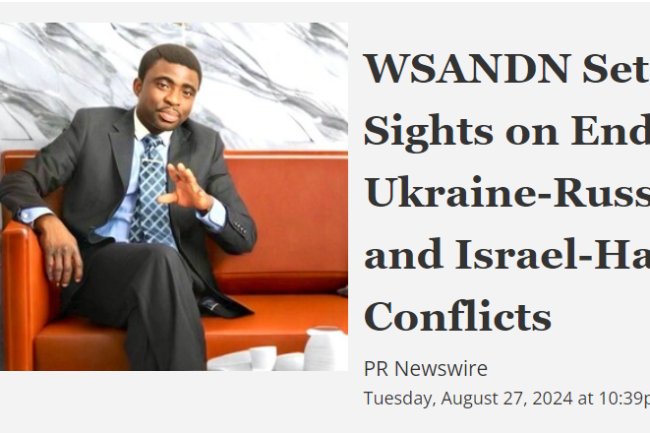The Issues Of Equality of Nations
Equality between nations encompasses not only economic disparities but also political power imbalances, marginalization, and international/regional hegemony.

In an increasingly interconnected world, discussions surrounding the equality of nations have gained significant prominence. While progress has been made towards achieving equality among nations, various underlying issues still hinder its realization. By delving into the root causes that perpetuate inequality among nations, we can gain a deeper understanding of how to address these challenges effectively. It is imperative to note that inequality of nations will always need to marginalization as some nation try to show aa superiority over others. This ultimately leads to disputes, conflicts and wars of different kinds, resulting in the suffering of the people.
Equality between nations encompasses not only economic disparities but also political power imbalances, marginalization, and international/regional hegemony. These multifaceted issues require an interdisciplinary approach that considers historical contexts, global power dynamics, and local perspectives. By examining the underlying causes of inequality in nations, we can develop strategies for preventive measures and emergency interventions that promote fairness and justice.
Examining The Underlying Causes Of Inequality Among Nations
In order to effectively address the issues of equality among nations, it is crucial to delve into the underlying causes that perpetuate such disparities. Among others, a significant factor contributing to inequality is the historical legacy of colonialism and imperialism, which has left lasting economic, political, and social imbalances. These legacies have resulted in unequal access to resources, limited economic opportunities, and political instability in many nations.
Additionally, systemic factors such as corruption, inadequate governance structures, and weak institutions contribute to persistent inequalities. Corruption undermines trust in governments and hampers effective resource allocation for development initiatives. Weak governance structures perpetuate social exclusion and hinder the implementation of policies that promote equal opportunities for all citizens. Furthermore, globalization has led to a skewed distribution of wealth and power among nations. Unequal trade agreements, exploitation of natural resources without fair compensation, and monopolistic practices by multinational corporations exacerbate existing inequalities.
The Importance Of Prevention Strategies In Promoting Equality Between Nations
Prevention strategies play a crucial role in promoting equality between nations by addressing the underlying causes of inequality. In today's interconnected world, it is essential to tackle issues that perpetuate disparities among nations before they escalate into emergencies that will result into bloodshed and suffering for the people. By identifying and addressing root causes such as poverty, social exclusion, and discriminatory practices, prevention strategies aim to create a level playing field for all nations. These strategies focus on providing access to quality education, healthcare, and economic opportunities for marginalized populations. They emphasize the importance of fostering inclusive governance structures that promote transparency, accountability, and actual citizen oriented. By investing in early warning systems and risk reduction measures, prevention strategies can mitigate the impact of disasters or conflicts on vulnerable nations. Ultimately, prevention strategies ensure that nations are equipped with the necessary tools to address inequality proactively rather than reactively.
Emergency Intervention: Addressing Inequality And Its Consequences
In the pursuit of global equality of nations, addressing the underlying causes of inequality is crucial. However, it is equally important to recognize the immediate urgency of emergency intervention in societies plagued by disparities. Emergency interventions can play a vital role in preventing further marginalization and alleviating the consequences of inequality.
These interventions should focus on providing immediate relief and support to vulnerable populations, including access to basic necessities such as food, water, healthcare, and shelter. Simultaneously, efforts should be made to address the root causes of inequality through long-term strategies that promote justice and equal rights and opportunities for all nations.
By swiftly intervening during emergencies while simultaneously working towards sustainable solutions, nations will prevent further exacerbation of inequalities and pave the way for a more equitable future. This approach not only addresses immediate needs but also tackles systemic issues that perpetuate inequality, ensuring a more just world for all nations. The WsandN is fully committed to the pursuit of equality for all nations by having equal representation and rights for every nation and also by creating and offering equal opportunities and support to all nations. Through the Center for Equality of Nations (CEON) the WsandN foster equality between nations by working to support and ensure the strengthening of all nations on the global platform




















